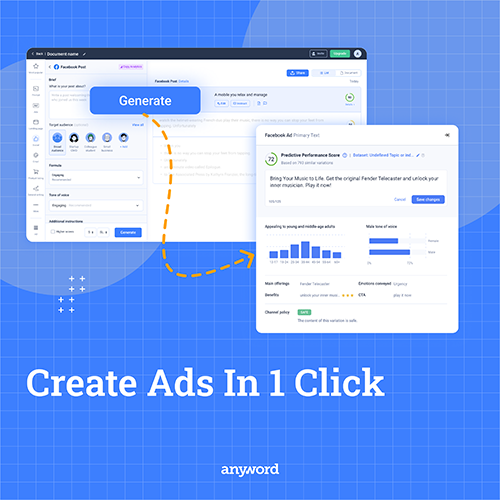Understanding your business’s finances involves a lot more than just managing cash flow. In fact, understanding the different kinds of taxes is almost like understanding the finances of an entire second business. Your accountant is there to help you understand which tax categories your business falls under and how you can go about ensuring you comply and don’t pay any more tax than is necessary. Here is a brief breakdown of the different types of tax and who they apply to.

Income tax
Should you pay it? YES! A business that isn’t paying income tax is not sustainable. I haven’t met many people fond of paying income tax but don’t be tempted to spend $4 on something your business doesn’t need in order to save $1 in tax. Pay the tax and use the other $3 to grow your wealth.
GST
GST is optional for businesses with a turnover of less than $75k. It becomes mandatory once the projected income reaches $75k. It is best to voluntarily register for GST when you are at a turnover rate of less than $75k if you intend on growing beyond that. This ensures that your customers are used to your pricing which includes GST. As a business, you don’t want to risk long term relationships when you suddenly start to add an additional 10% to their bill to cover GST. GST is generally reported paid quarterly on your business activity statement (BAS), unless you voluntarily register for GST and opt for annual reporting.
PAYG (pay-as-you-go) instalments
PAYG applies to both companies, beneficiaries of a trading trust and sole traders. This type of tax requires your current year tax to be prepaid by instalments. The instalments only come into play after you have filed your first tax return after your first year in business that sees a profit. Instalments are paid quarterly at either a fixed rate or as a percentage of your business’s turnover for the relevant quarter. These are generally included as part of your quarterly BAS.
PAYG withholding
PAYG withholding is payable by any businesses with employees as well as companies. It refers to the tax withheld by the company on behalf of the employees. This type of tax applies whether you, as the director, pay yourself a set salary or periodic wages and again is generally paid quarterly as part of your BAS. If the total amount of annual PAYG withholding is more than $25k, you will need to disclose your salary, bonuses and other earnings, as part of a monthly instalment activity statement (IAS).
Fringe Benefits Tax (FBT)
FBT is the forgotten tax. A fringe benefit is a non-cash benefit given to a past, current or future employee where that employee can include a director of a company or a beneficiary of a trust who works within the business. A common fringe benefit is a company owned car that is made available for use to a company director. As soon as the vehicle is parked in the driveway or garage of the director it will fall into the FBT net. Other examples include:
- giving an employee a discounted loan
- paying an employee’s gym membership
- providing entertainment by way of free tickets to concerts
- reimbursing an expense incurred by an employee, such as school fees
- giving benefits under a salary sacrifice arrangement with an employee.
Capital Gains Tax (CGT)
CGT applies to business under two main scenarios:
- In the case of a restructuring of a business. In this case, be aware of the small business rollover relief provisions. They enable the movement of assets between entities by small businesses without incurring taxes – examples include trading stock, depreciating assets, and revenue assets. This is available to business with an aggregated turnover below $10 million.
- In the case of a business being sold and changing ownership. In this case, be aware of the small business CGT concessions that may potentially limit your CGT liability.
Depending on your situation you may be able to get your CGT liability to nil under either scenario. The rules around this are complex so get advice prior to restructuring or sale. Furthermore, it is important to note that a CGT event arises any time that there is a disposal of an asset not only as a result of the scenarios outlined above.
Payroll tax
Payroll tax is a state-based tax on your payroll (i.e. the amount that you pay to employees). The thresholds and rates vary across each state. Furthermore, what is included in the definition of wages for the purpose of calculating your payroll tax also varies. The payroll tax threshold starts at $650k for Victoria and is higher for the other states and territories. Check with your local state revenue office for the applicable threshold.






















